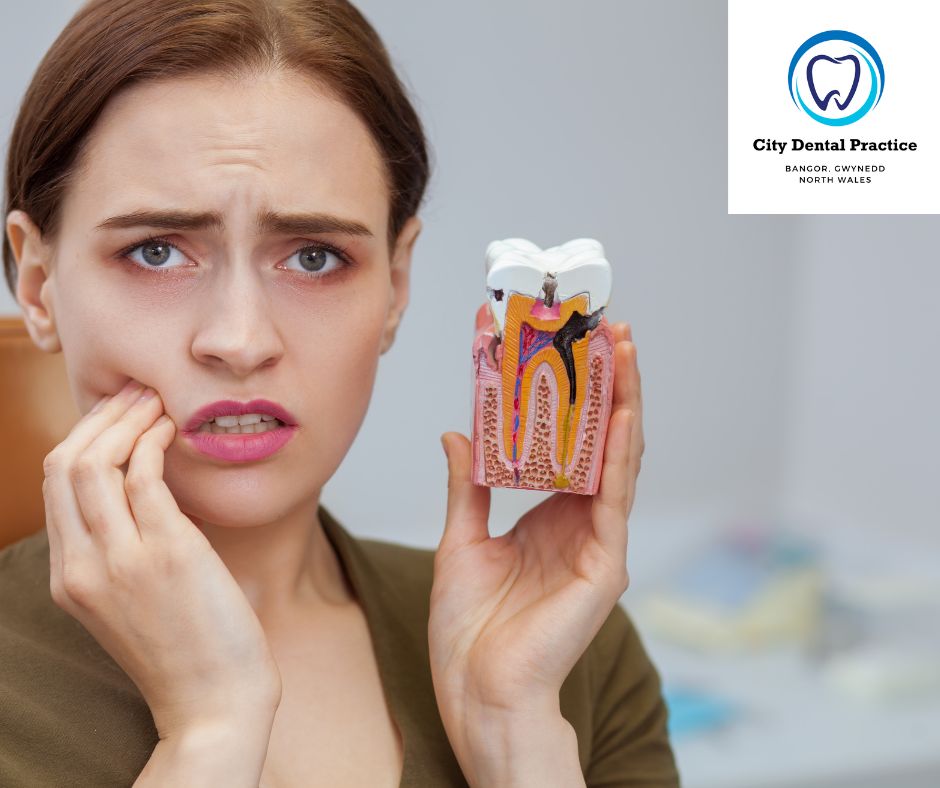Blog Page & News Articles
Understanding Dental Decay and the Importance of Early Intervention
Author: Dr Behnam Aminnejad. Posted: 09.09.24
Dental decay, also known as cavities or tooth decay, occurs when bacteria in your mouth produce acids that erode tooth enamel. This damage can lead to small holes in your teeth, causing discomfort, sensitivity, or pain if left untreated. Factors such as poor oral hygiene, sugary diets, and lack of regular dental check-ups contribute to the formation of cavities.
How Can I Prevent Dental Decay?
The most effective way to prevent dental decay is by brushing your teeth thoroughly at least twice a day, including before bed, using a fluoride toothpaste. Be sure to clean the inner, outer, and chewing surfaces of all your teeth. Additionally, using interdental brushes, dental floss, or tape helps remove plaque and food particles from between your teeth and along the gumline - areas a regular toothbrush can't reach. This extra step is key in maintaining good oral health and preventing cavities.
I haven't noticed any problems, so do I need to worry?
It's crucial to address dental decay early. In the early stages, you might not experience any discomfort with issues only detected by a routine dental appointment. In such cases we can apply a fluoride varnish onto the area to help prevent further declay and to help 'remineralise' the tooth. Advice from your dentist and hygienist can then help prevent it starting again.
What happens if I miss check-ups or ignore signs of dental decay?
Untreated cavities can lead to infections, abscesses, or even tooth loss. If you suspect you have a cavity - whether due to tooth sensitivity, visible holes, or pain - it's essential to contact our dental practice as soon as possible. Prompt treatment can prevent further damage, save your tooth, and restore your smile.
Our dental team is here to help, so don't hesitate to reach out! Regular check-ups and early intervention are key to maintaining healthy teeth.
Read more of Dr Behnam Aminnejad's dental care articles and tips: Back to Blog

Why Choose Us?
- Master's degree in Endodontic (Root canal treatment)
- Almost 30 years experience
- All dental treatments are individually tailored to your specific needs
